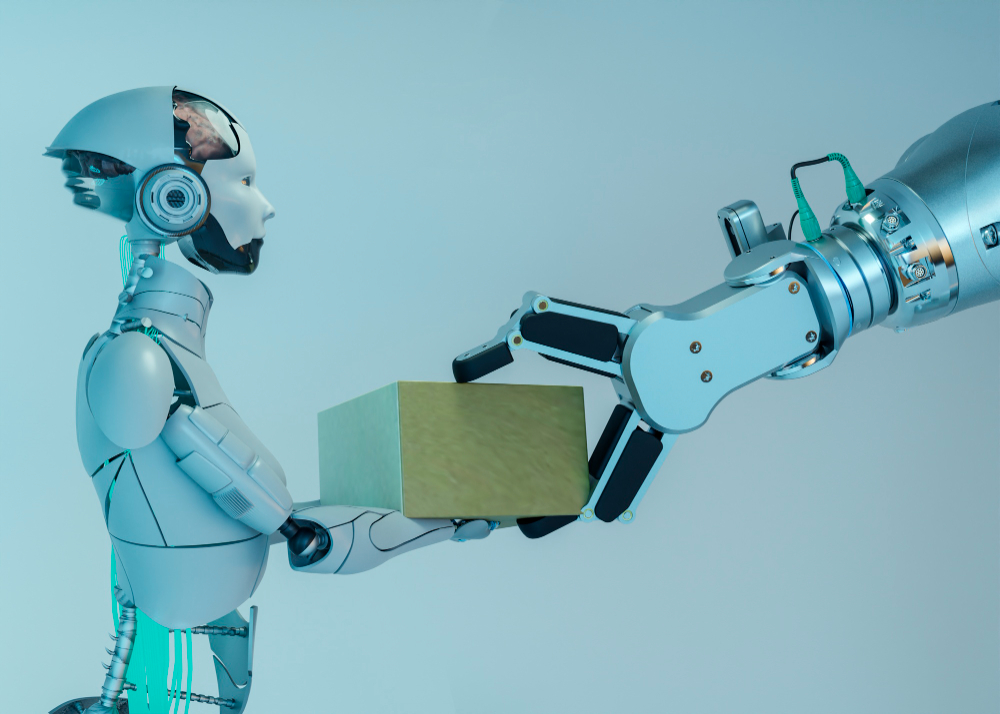The application of artificial intelligence (AI) across scientific domains, from genetics to astrophysics, represents a paradigm shift in research methodologies and problem-solving approaches. In genetics and biotechnology, AI revolutionizes genomic analysis, accelerates drug discovery, and facilitates precise gene editing with tools like CRISPR. Neuroscience benefits from AI-driven brain mapping and cognitive computing, promising advancements in mental health treatments. Environmental science leverages AI for remote sensing, climate modeling, and conservation efforts, aiding in biodiversity preservation. Meanwhile, in astronomy, AI assists in the discovery of exoplanets, gravitational wave analysis, and cosmological research, pushing the boundaries of our understanding of the universe. However, this integration of AI poses ethical challenges, such as algorithmic bias and privacy concerns in genomic data. Despite these challenges, interdisciplinary collaboration and responsible AI deployment offer promising avenues for further exploration, hinting at a future where AI catalyzes groundbreaking discoveries across scientific frontiers.





